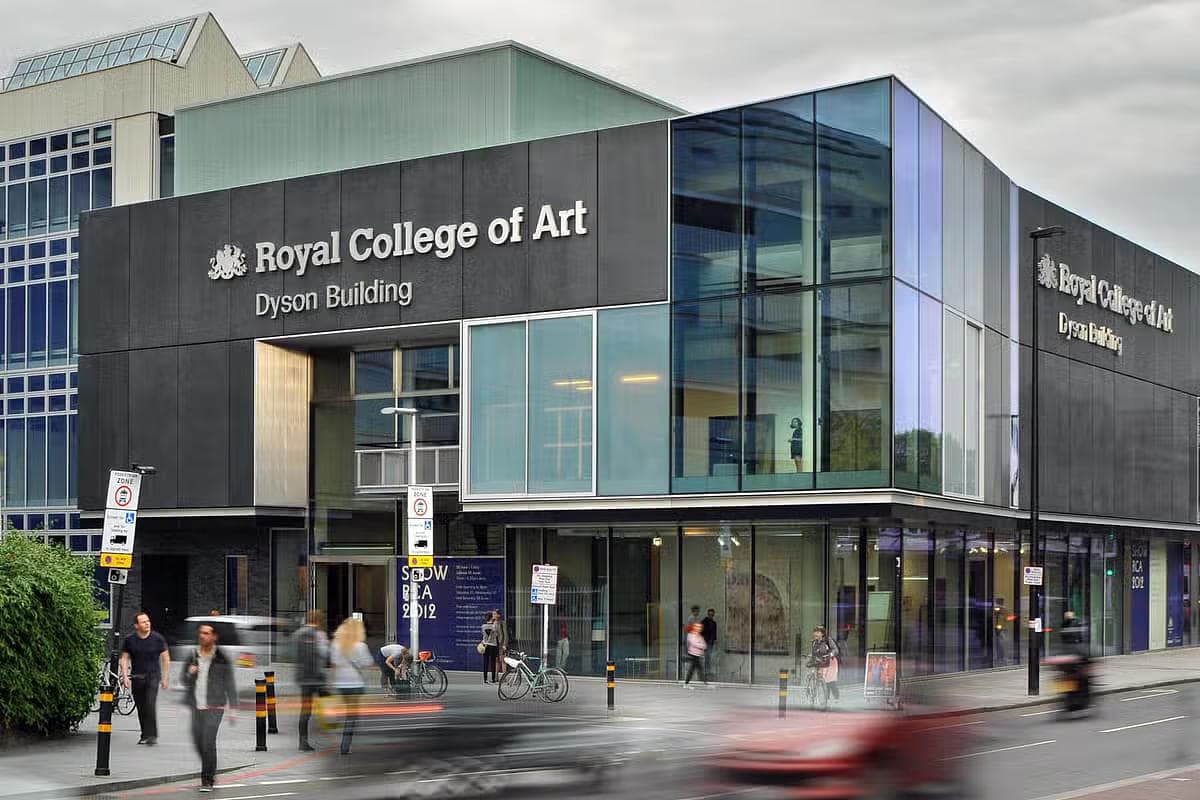The programme is delivered across three terms and includes a combination of programme, School and College units.
Term 1
In the first term, through the Curatorial Thinking unit, through talks and lectures by visiting curators, readings, seminars, and workshops, you will engage with genealogies of curating and contemporary issues affecting its production and organisation, such as globalisation and migration, the digital and networked culture, urbanisation and use of space, and changing understandings of publics.
Alongside this, in the Ecologies of Curating unit, through site visits, visiting lecturers, lectures and workshops you will gain a curatorial insight into the complex and diverse range of spaces and places, galleries, museums and organisations, in which curating and programming takes place and on which the contemporary art ecology is dependent. Together these two units allow you to identify the relation between theory and practice in curating and programming, and prepare you for term 2.
Across Terms 1 and 2, you will participate in the College-wide unit. This unit aims to support students to meet the challenges of a complex, uncertain and changing world by bringing them together to work collaboratively on a series of themed projects informed by expertise within and beyond the College. These projects will challenge you to use your intellect and imagination to address key cultural, social, environmental and economic challenges. In doing so, you will develop and reflect on the abilities required to translate knowledge into action, and help demonstrate the contribution that the creative arts can make to our understanding and experience of the world.
Term 2
In the second term, for the Curating in a Collaborative Context unit, you will learn how to work collaboratively in peer groups on a live project brief set by an external partner with a focus on generating curatorial proposals to professional standards of Shortlist and Stage 1 Feasibility. Mastering the skills of proposal development, including the commissioning of artists, designers, programmers, you will learn the role and value of project research and planning, presentation, mediation, and advocacy. The final project proposal will be presented to the external partners for response and evaluation
In term 2 all School of Arts & Humanities students will participate in the Urgency of the Arts, School-wide unit. Through this unit we ask: what does arts and humanities research and practice have to offer in our current socio-political climate? The unit introduces students to a diverse range of perspectives, approaches and practices relevant to contemporary practice and thought in the Arts & Humanities. The delivery is devised to help you identify and query your own practices and disciplinary assumptions through encounters with others and within the various practices undertaken by students in the School, and to raise awareness around contemporary concerns. You will be supported in understanding the ramifications of your own work and practice within a broad cultural context, and to recognise its many potentially unintended readings and consequences.
Term 3
In the final term, as part of the Independent Research Project (IRP), you will work in your groups to curate a display of your project proposal and deliver a public-facing event, designed to generate audiences and critical debate. Additionally, the IRP supports each student to establish their own critical position in the field through the development of either a critical research essay or a creative project development plan.
